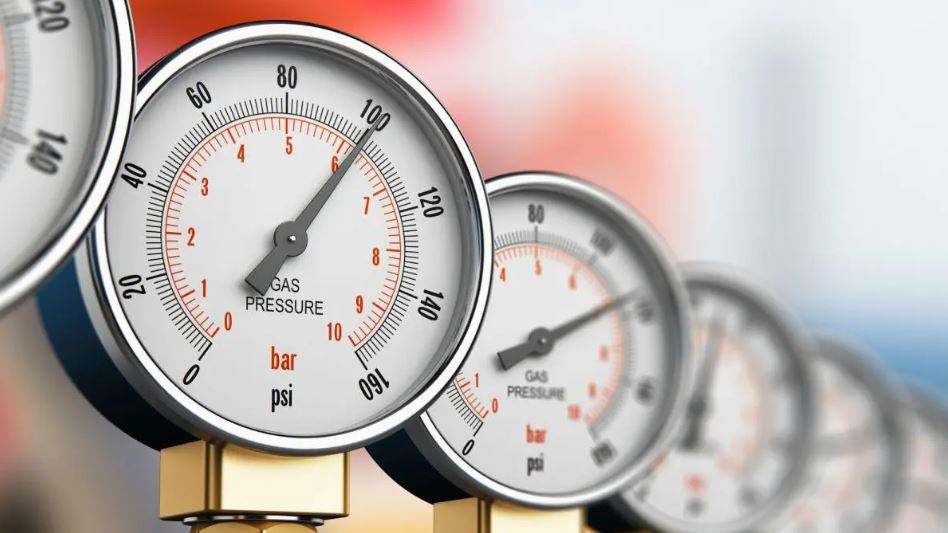By 1° November EU gas storage capacity must reach 80%
(Sustainabilityenvironment.com) – They remain the common goal on gas storage, but will share the costs of the operation. These are fateful days in Brussels where the details of the plan to save the coming European winter are discussed. The objective is to increase EU warehouses to 80% of capacity by 30 October, thus ensuring autonomy even in the event of a disruption of supplies from Russia.
Gas storage distribution in the European Union
How gas storage is distributed at the European level is a key detail, given that gas storage capacity – in all 113 billion m3 – is not equally distributed among the Twenty-seven. And buying huge quantities of gas at current prices means planning a very substantial expense. The countries under the greatest pressure are Hungary, Austria and the Netherlands. Budapest has a total capacity of 6.93 billion m3, Vienna of 9.78 billion m3, Amsterdam of 14.87 billion m3. And deposits are filled, respectively, only for 19.26%, 17.34%, and 25.19%.
The other three EU countries with the highest natural gas storage capacity have the highest average deposits, but will still have to bear a substantial expense. We are talking about France, which has a capacity of 13.3 billion m3 at just over 30%, Italy with a total of 20 billion m3 currently at almost 34%, and Germany with a capacity of almost 24.5 billion m3 filled for 33.4%.
While several European countries have virtually gas storage capacity
nonexistent and lean on the deposits of neighbors. One of these is Belgium, which can store less than 1 billion m3 of gas, or 5% of its annual consumption, Denmark (the same capacity, but consumes much less, 2.6 billion m3 per year), or Poland, which has deposits of 3.6 billion m3 but uses more than 25 per year.
The new EU rules
The EU is considering keeping the target of 80% capacity this year (and 90% from 2023) to rebalance spending. But only for stores that serve domestic consumption. A deposit used mainly by another country will therefore not be subject to the same obligation. A ceiling would then be introduced: stop the compulsory purchase of gas when the threshold of 35% of the average consumption of the last 5 years is exceeded.
In any case, it remains the responsibility of each State to monitor that gas storage increases as planned. For this reason, the 27 Member States will be able to impose minimum targets on operators.
Then a “burden-sharing” system appeared in which countries with little storage have to cover 15% of their annual gas consumption by filling deposits in other states. The share not reached by gas will be covered by other fuels, such as oil. The only countries exempted from the new common rules would be the three island states: Ireland, Malta and Cyprus.

